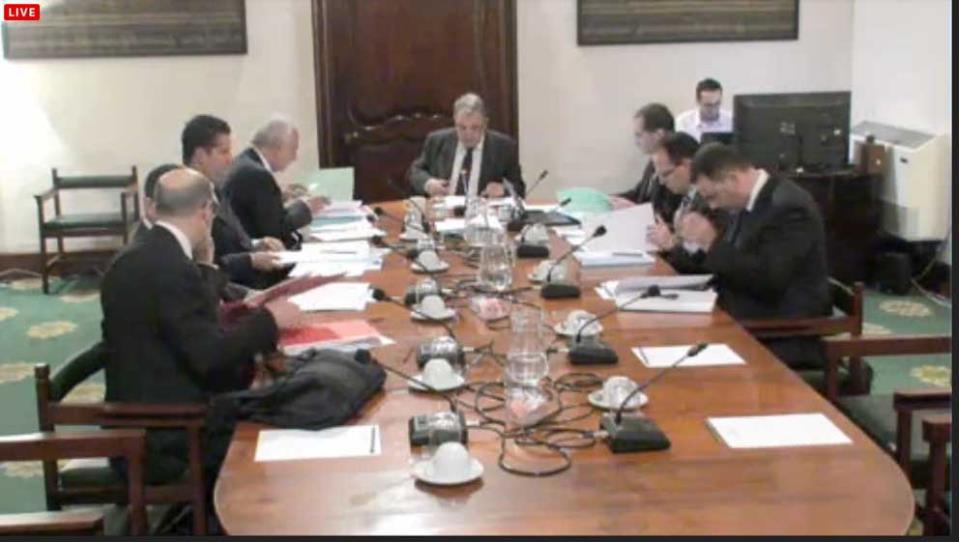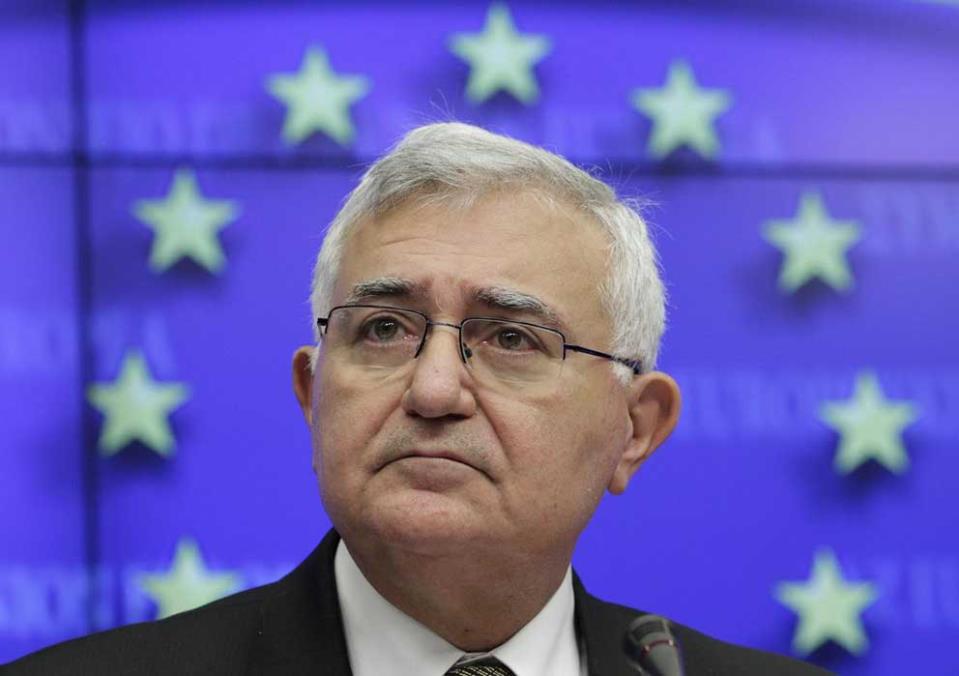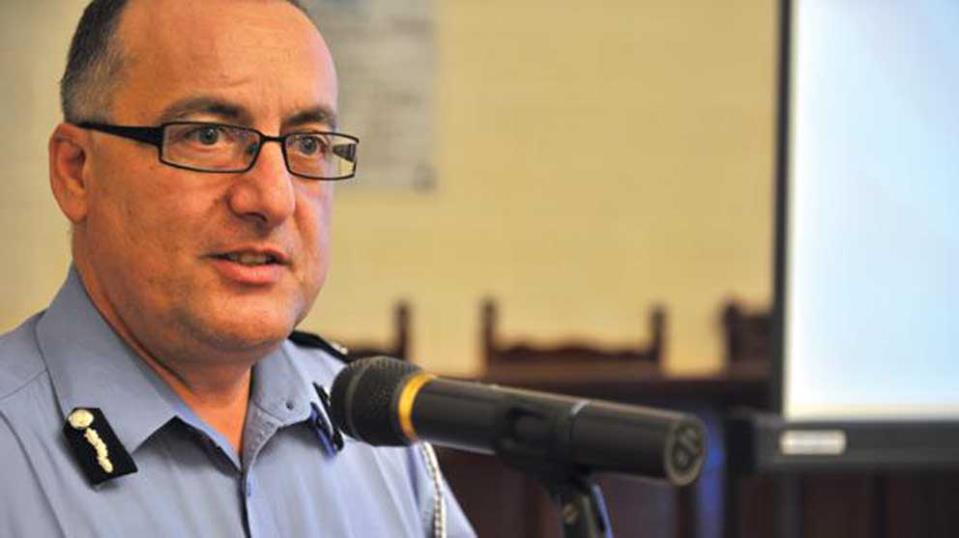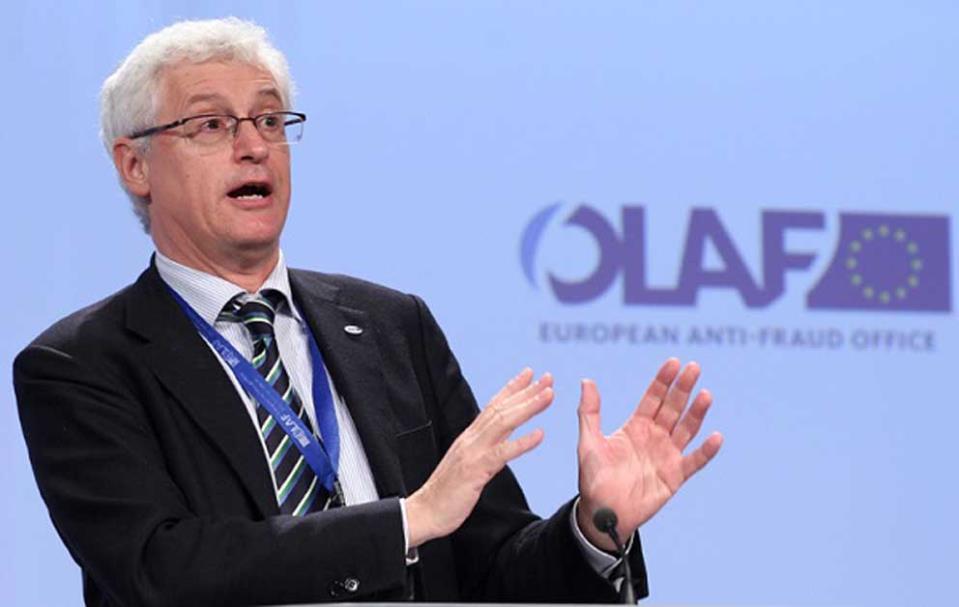Assistant Commissioner Michael Cassar, who was part of the investigative team that drew up a report on John Dalli and Silvio Zammit, said this morning that he had been of the opinion that both men should be arraigned together.
Speaking at a meeting of the Parliamentary Privileges Committee, Mr Cassar said: "I believed that if we had arraigned John Dalli individually we would not have had a final conviction. There was only circumstantial evidence against Mr Dalli. It would have been a different story had the two men been arraigned together."
The Privileges Committee is hearing a complaint by Prime Minister Joseph Muscat against PN Leader Simon Busuttil on comments the latter had made on the John Dalli investigation. Dr Busuttil had claimed political interference in the police investigation against John Dalli but had refused to withdraw his allegations after the PM challenged him to prove them.

Mr Zammit is currently facing court action but, following the change in government, the police had declared that there was no case against Mr Dalli because of lack of evidence.
The Head of the Malta Security Service, who at the time of the investigation headed the Economic Crimes Unit, said the four-man investigative team had studied the OLAF report and spoken to all involved in the case. In the end it had concluded that the police would issue charges against John Dalli and Silvio Zammit separately. On the day the decision was taken, Mr Cassar was abroad.
He was of the opinion, however, that both men should be arraigned together. "There was only circumstantial evidence against John Dalli and I believed there would not be a final conviction. My opinion was that they should be arraigned together. I would have preferred it that way because I believed that if we arraigned John Dalli alone we would have lost the case."

Mr Cassar said, however, that following the change in administration, he had not been given any further instructions by former Police Commissioner John Rizzo. Later on he had spoken to the new Police Commissioner, Peter Paul Zammit and had given him a handover of the cases that the unit had been investigating at the time, including the John Dalli case.
Questioned by Chris Said, Mr Cassar said Peter Paul Zammit had never spoken to him about the case, or asked him for information.

Committee cannot force Kessler to come to Malta
Earlier, it was established that the Privileges Committee has no power to force Giovanni Kessler - the head of the EU's anti-fraud agency - to appear before it.
Mr Kessler has repeatedly refused to appear in front of the committee and insisted that a letter with a timeline of events is enough proof and he has nothing to add. The OLAF chief also insisted that he needs authorisation by the European Commission to answer any additional topics not already covered.
PN Secretary Chris Said insisted that the witness should be questioned by the committee by any means necessary, including by video conference. He asked the Speaker to write to the President of the European Commission informing him that the committee wants to interview Mr Kessler. But Deputy Prime Minister Louis Grech said it was futile to insist on Mr Kessler's presence since he had made it clear that he had nothing to add.

PN Whip David Agius said that, just because Mr Kessler said he had nothing to add does not mean that the Opposition agreed with him. Chris Said insisted that the Opposition needs Mr Kessler to appear before the committee because it has a number of questions to ask. Besides, his replies could lead to follow-up questions.
Speaker Anglu Farrugia said that according to parliamentary guidelines, Mr Kessler's request to have questions sent to him in writing could not be acceded to. This was an anomaly in the law. David Agius warned that if the committee acceded to Mr Kessler's request it would be creating a precedent and all future witnesses would refuse to appear before it.

Dr Farrugia said Parliament could order the arrest of local witnesses but the same could not be said for foreign witnesses. This was confirmed later on during the sitting, when Mr Speaker received the legal advice he had sought.
Dr Farrugia agreed to write to the President of the European Commission with the topics the PN wants to cover but the committee members agreed that the actual questions should not be sent. The committee will discuss the issue again on 26 November.